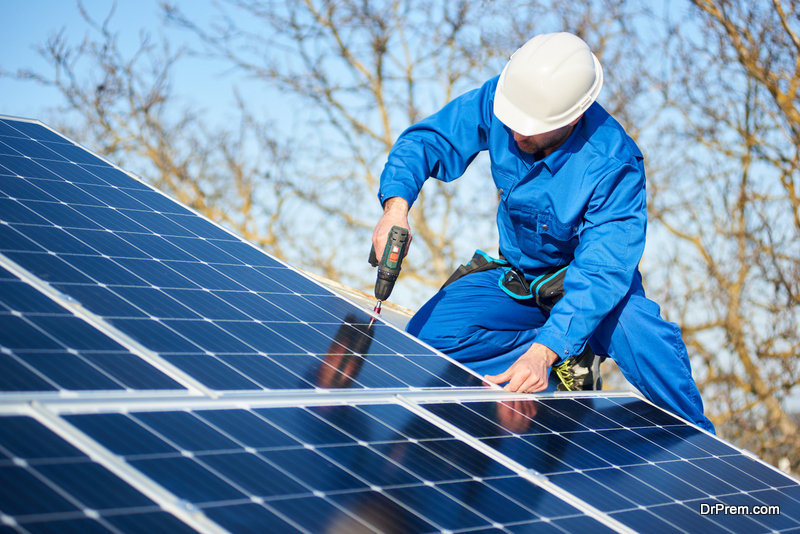When it comes to eco-friendly energy choices, solar power stands out as one of the best options for the long term. As people worldwide try to figure out how to quickly and effectively lower their carbon footprints, installing solar panels on homes becomes a useful and important way to support clean energy sources.
The Rise of Solar Power
Solar energy is becoming more popular because it has many benefits. Solar power is plentiful, can be used repeatedly, and gets its power from the sun. This makes it a good choice for people who care about the environment. The growing number of home solar systems has been helped by government incentives and tax credits, as well as the falling cost of solar panels.
Understanding Residential Solar Panel Systems
A planned method is needed to install solar panels at home. In the offshore wind business, IQIP is a new technology used for precise pile-driving operations. It is similar to foundational assessments used in solar panel installations, which ensure the panels are securely attached and work efficiently.
Choosing the Right Solar Panels
Choosing the right solar panels is one of the most important steps in the building process. The offshore wind industry is always looking for new technologies to make wind turbines installed at sea more stable and last longer. This is similar to how people choose solar panels for their homes: they want to be efficient and last a long time.
The Installation Process
Putting up solar panels on a house requires a few important steps. First, the roof is carefully checked and prepared to make sure it can safely hold the solar panel setup. The fixing system is then put in place, and the solar panels are put in place. Certified workers carefully handle the wiring and connections so that the solar power system works with the home’s electrical system without any problems.
Benefits of Residential Solar Power
There are many good reasons to put solar panels on your home. It not only cuts down on the use of nonrenewable energy sources, but it also saves a lot of money on power bills over time. Additionally, producing clean energy helps lower greenhouse gas emissions, positively affecting the environment.
Maintenance and Monitoring
A home solar panel system needs to be maintained and watched over regularly to make sure it works at its best. Checking the panels, generators, and other electrical parts regularly helps find and fix any problems quickly. Many new systems come with tracking software that lets owners see real-time information about how much energy is being used and how well the system is working.
Conclusion
Installing solar panels in your home is a real step toward using renewable energy sources. More homes are switching to solar power as technology improves and more people learn about it.
It’s important to understand how it works, pick the right tools, and keep it in good shape to maximize solar energy for homeowners and the environment. Residential solar power is an important part of the movement toward a better, more sustainable future because it uses the sun’s energy.
Article Submitted By Community Writer




